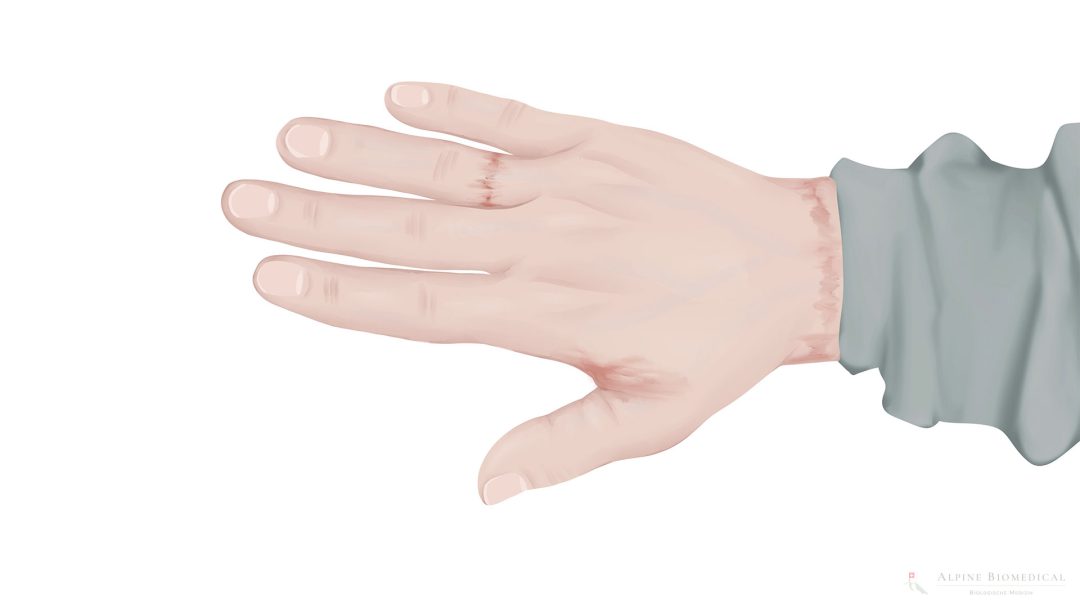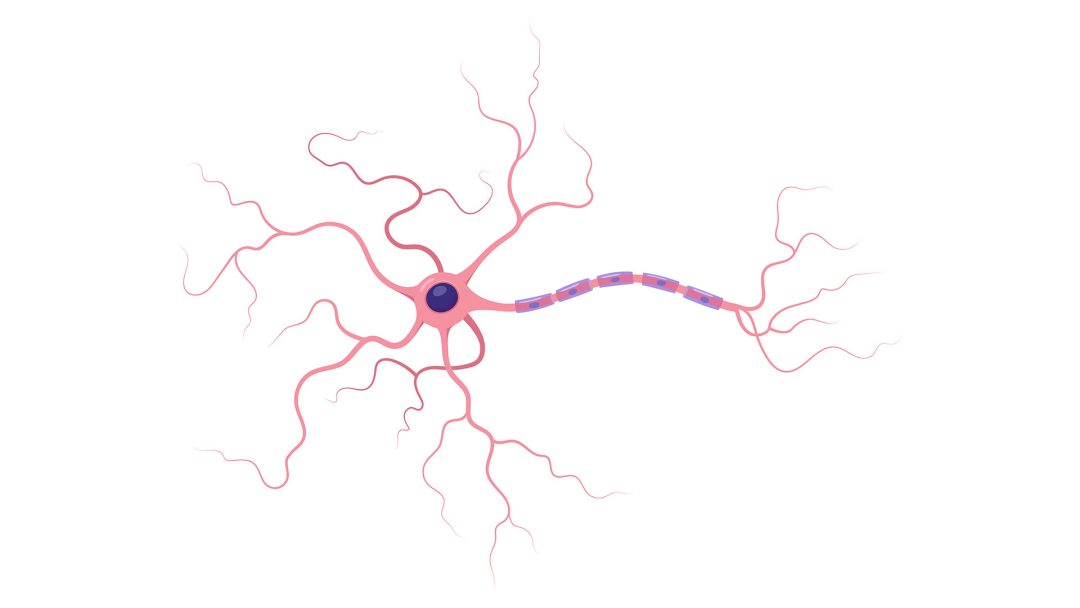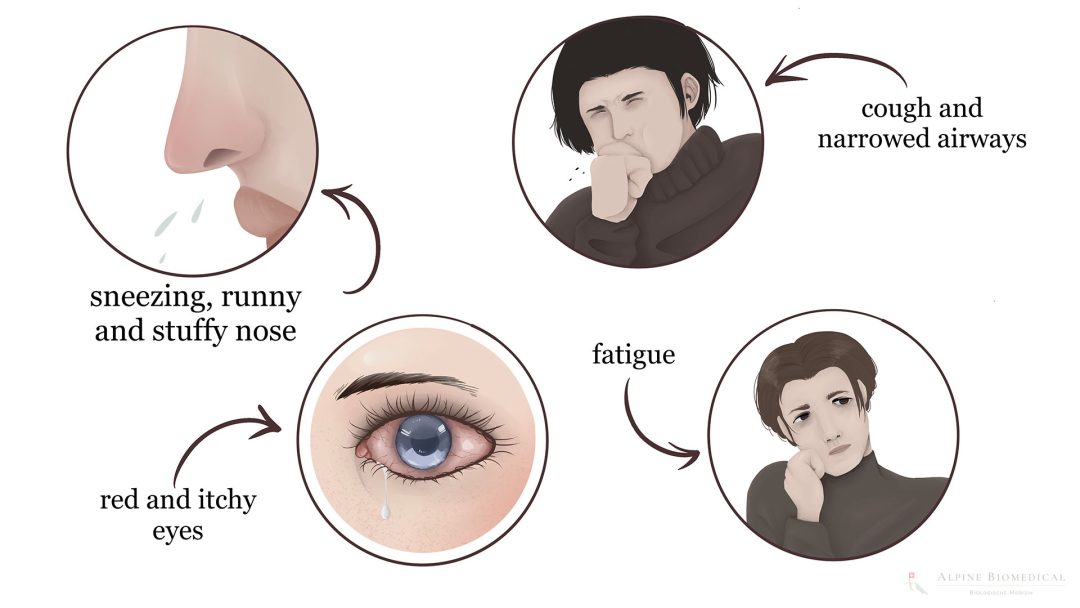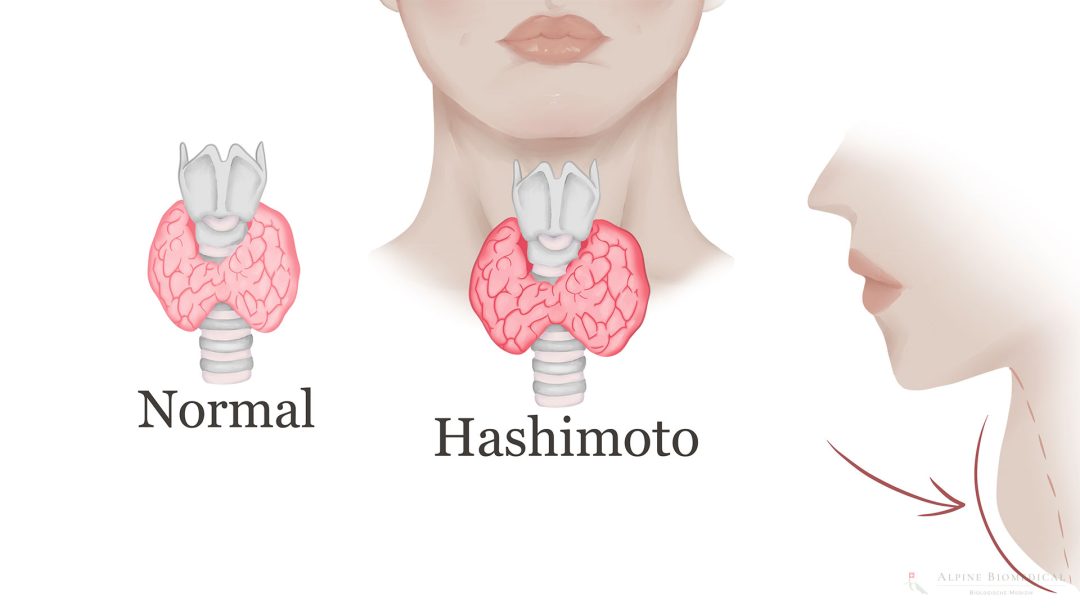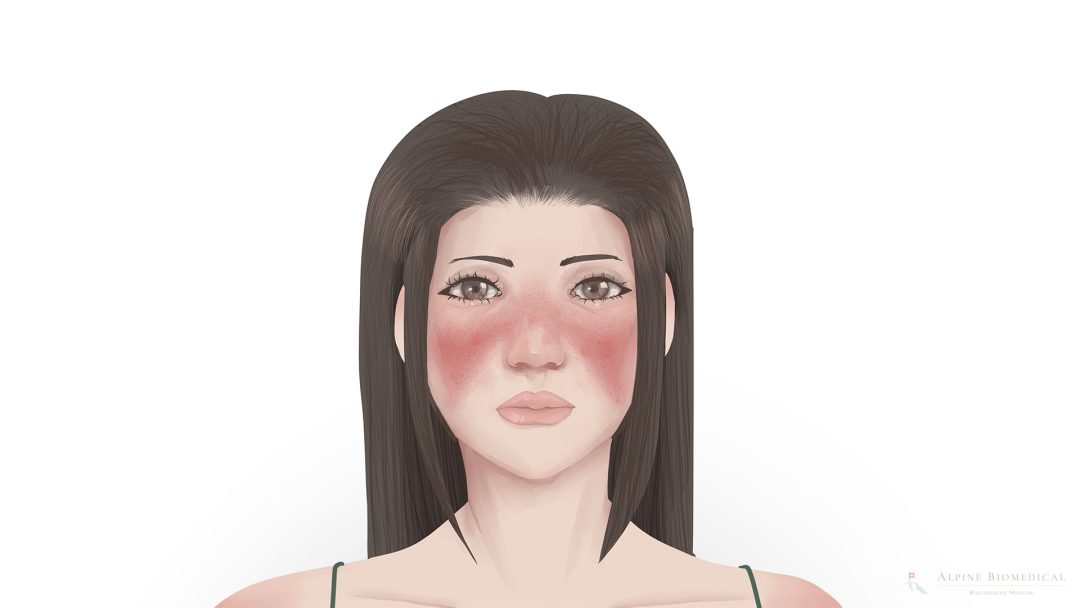Immune Disorders
Immune disorders affect the body’s ability to fight off diseases and can have different causes. The spectrum ranges from congenital defects to acquired disorders.
Common disorders include autoimmune diseases such as rheumatism or fibromyalgia and immunodeficiency diseases such as AIDS.
This article is about immune disorders in general. The specific diseases that can be assigned to immune disorders can be found here:
Hives
Hives is a skin reaction characterised by itchy, red and swollen raised marks on the skin.
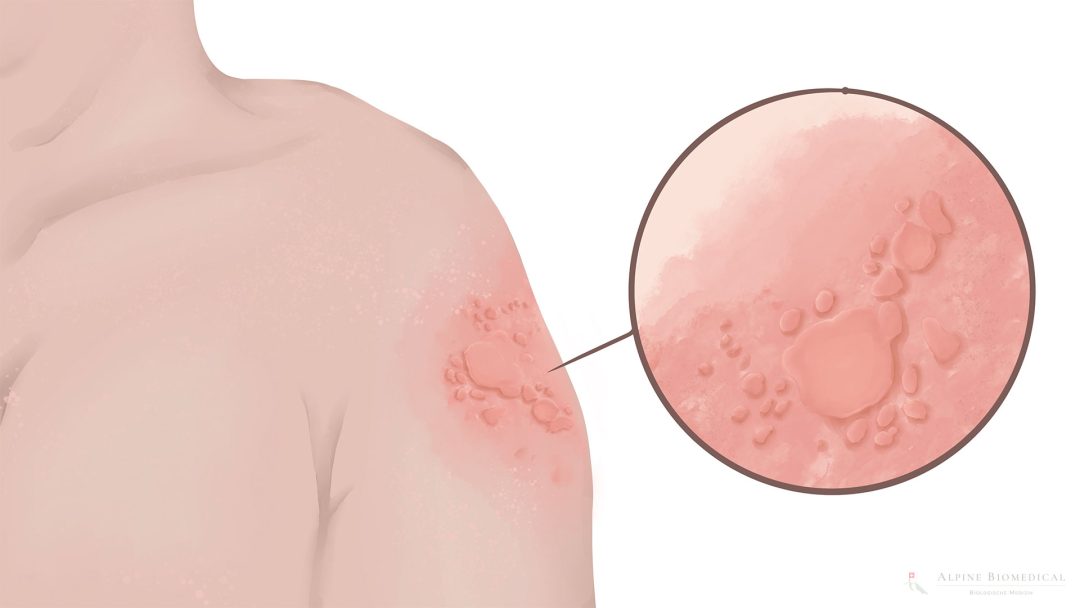
Eczema
Eczema, which is an inflammatory change in the skin, is an indication of an immunological imbalance in the body.

Boost Immune System
Our immune system has an influence on many different processes in the body. We show you how you can strengthen your immune system.

Multiple chemical sensitivity
MCS is a medical disorder in which the immune system reacts to the smallest amount of chemicals.

Nickel Allergy
Nickel is added to various alloys and can cause an allergic reaction. Many people are affected by this.

Guillain-Barré Syndrome (GBS)
Rare neurological disease in which the immune system attacks the nerves, causing weakness and paralysis.

Sjögren’s Syndrome
Sjögren's syndrome is an autoimmune disease that leads to dryness of the eyes, mouth and other mucous membranes.

Susceptibility to Infections
A susceptibility to infections can be caused by various factors. It is important that these factors are identified before treatment.

Lactose Intolerance
Lactose intolerance is an intolerance to the milk sugar lactose, which can lead to a variety of physical complaints.

Histamine Intolerance
Histamine intolerance is an intolerance to one's own histamine and the histamine from food and drinks.

House Dust Allergy
A house dust allergy is an allergic reaction of the body to the excrement of house dust mites.

Food Intolerances
In the case of food intolerance, the body reacts to certain foods with an immunological reaction.

Hashimoto’s Thyroiditis
Hashimoto's thyroiditis is a chronic inflammatory autoimmune disease of the thyroid gland.

Lupus Erythematosus
Lupus erythematosus is a chronic inflammatory autoimmune disease within the collagenosis group.

Interrelationships in an Immune Disorder
A weakened immune system can lead to increased susceptibility to infectious diseases. As around 80% of the immune system is located in the gut, it is obvious that the gut should be examined closely.
Food intolerances, infections (bacteria, parasites) and various environmental factors (especially heavy metals) can cause allergic and inflammatory reactions in the gut and weaken the immune system.
Diagnosis and Therapy of an Immune Disorder
Diagnostic procedures, such as blood tests and immune analysis, are crucial to determine the exact cause of the immune disorder.
Conventional therapy varies depending on the type of disorder and may include immunomodulators, antiviral drugs or, in some cases, stem cell transplants.
A holistic approach to supporting the immune system offers stress management, balanced sleep and supplements such as vitamin C, vitamin D and minerals. In addition, measures such as intestinal cleansing, elimination of intolerances and detoxification of the body are of great importance.
It is important to seek professional medical help immediately if there are signs of immune disorders in order to obtain an accurate diagnosis and begin appropriate treatment. In this way, the risk of infection with serious illnesses can be avoided.
All Blog Categories
See all blog categories below.
- Allergies
- Autoimmune Diseases
- Bone and Joint Diseases
- Cancer
- Cardiovascular Diseases
- Chronic Pain
- Dementia
- Detoxification
- Ear Diseases
- Exhaustion
- Gastrointestinal Disorders
- Immune Disorders
- Infectious Diseases
- Inflammation
- Intolerances
- Medication
- Men's Health
- Menopause
- Metabolic Disorders
- Minerals
- Neurological Diseases
- Nutritional Supplements
- Respiratory Diseases
- Skin Cancer
- Skin Diseases
- Thyroid Diseases
- Trace Elements
- Tumor
- Vitamins
- Women's Health


